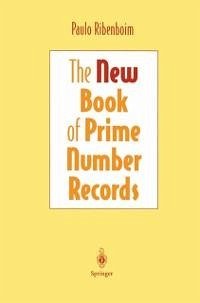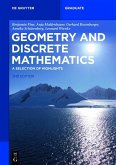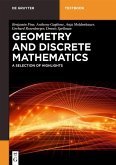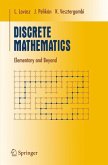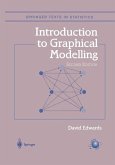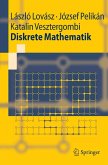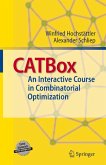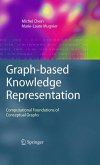This text originated as a lecture delivered November 20, 1984, at Queen's University, in the undergraduate colloquium senes. In another colloquium lecture, my colleague Morris Orzech, who had consulted the latest edition of the Guinness Book of Records, reminded me very gently that the most "innumerate" people of the world are of a certain trible in Mato Grosso, Brazil. They do not even have a word to express the number "two" or the concept of plurality. "Yes, Morris, I'm from Brazil, but my book will contain numbers different from ·one.''' He added that the most boring 800-page book is by two Japanese mathematicians (whom I'll not name) and consists of about 16 million decimal digits of the number Te. "I assure you, Morris, that in spite of the beauty of the appar ent randomness of the decimal digits of Te, I'll be sure that my text will include also some words." And then I proceeded putting together the magic combina tion of words and numbers, which became The Book of Prime Number Records. If you have seen it, only extreme curiosity could impel you to have this one in your hands. The New Book of Prime Number Records differs little from its predecessor in the general planning. But it contains new sections and updated records.
Dieser Download kann aus rechtlichen Gründen nur mit Rechnungsadresse in A, B, BG, CY, CZ, D, DK, EW, E, FIN, F, GR, HR, H, IRL, I, LT, L, LR, M, NL, PL, P, R, S, SLO, SK ausgeliefert werden.

